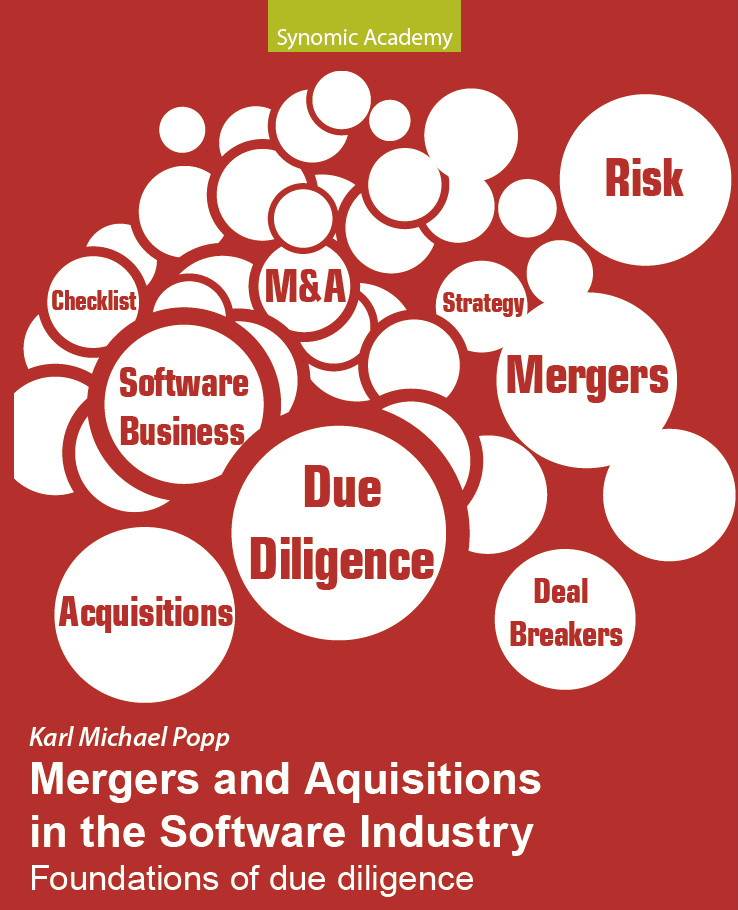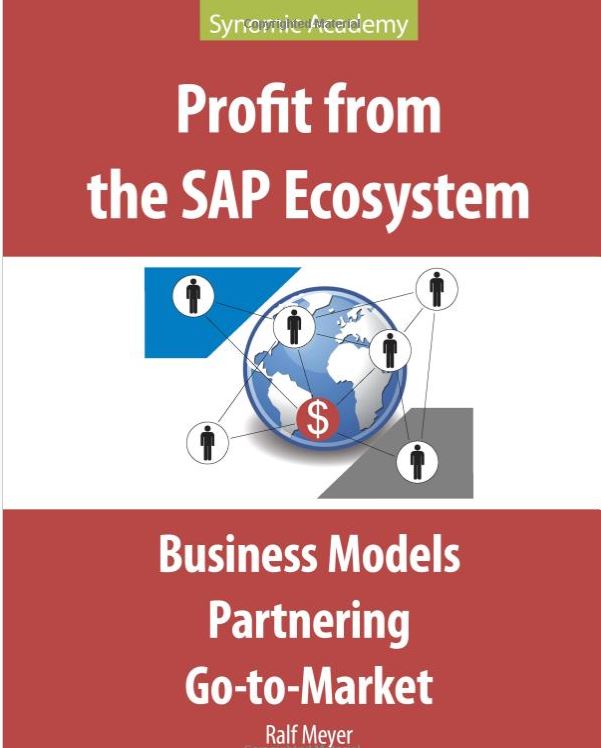Knowledge burst: Data-driven Strategies
This blog is in the Top 25 M&A blogs worldwide according to Feedspot
A data-driven strategy is a strategic approach in which decisions are made based on data and analysis, rather than intuition or guesswork. This approach involves collecting, analyzing, and interpreting data to inform business decisions and actions. The goal of a data-driven strategy is to make more informed and accurate decisions that can lead to improved business performance and outcomes.
One key aspect of a data-driven strategy is the use of data analytics. This can include descriptive analytics, which involves using data to understand what has happened in the past, and diagnostic analytics, which involves using data to understand why something has happened. Predictive analytics, which involves using data to understand what is likely to happen in the future, and prescriptive analytics, which involves using data to understand what actions should be taken to achieve a desired outcome, are also critical for data-driven strategies.
Data-driven strategies can be used in a variety of areas, including marketing, operations, and human resources. For example, in marketing, a data-driven strategy might involve using data to identify and target specific customer segments, while in operations, a data-driven strategy might involve using data to optimize supply chain processes. In human resources, a data-driven strategy might involve using data to identify and address issues with employee retention.
However, implementing a data-driven strategy requires more than just data collection and analysis, it also requires a culture and infrastructure that supports data-driven decision making. This means having the right people, processes, and technology in place to collect, analyze, and act on data. It also requires having the right mindset and approach, where data is viewed as a valuable asset and decision making is based on data and evidence, rather than intuition or gut feelings.
In summary, a data-driven strategy is an approach in which decisions are made based on data and analysis, and it can be used in a variety of areas to improve business performance and outcomes. However, it requires a culture and infrastructure that supports data-driven decision making, as well as the right mindset to make decisions based on data and evidence.









